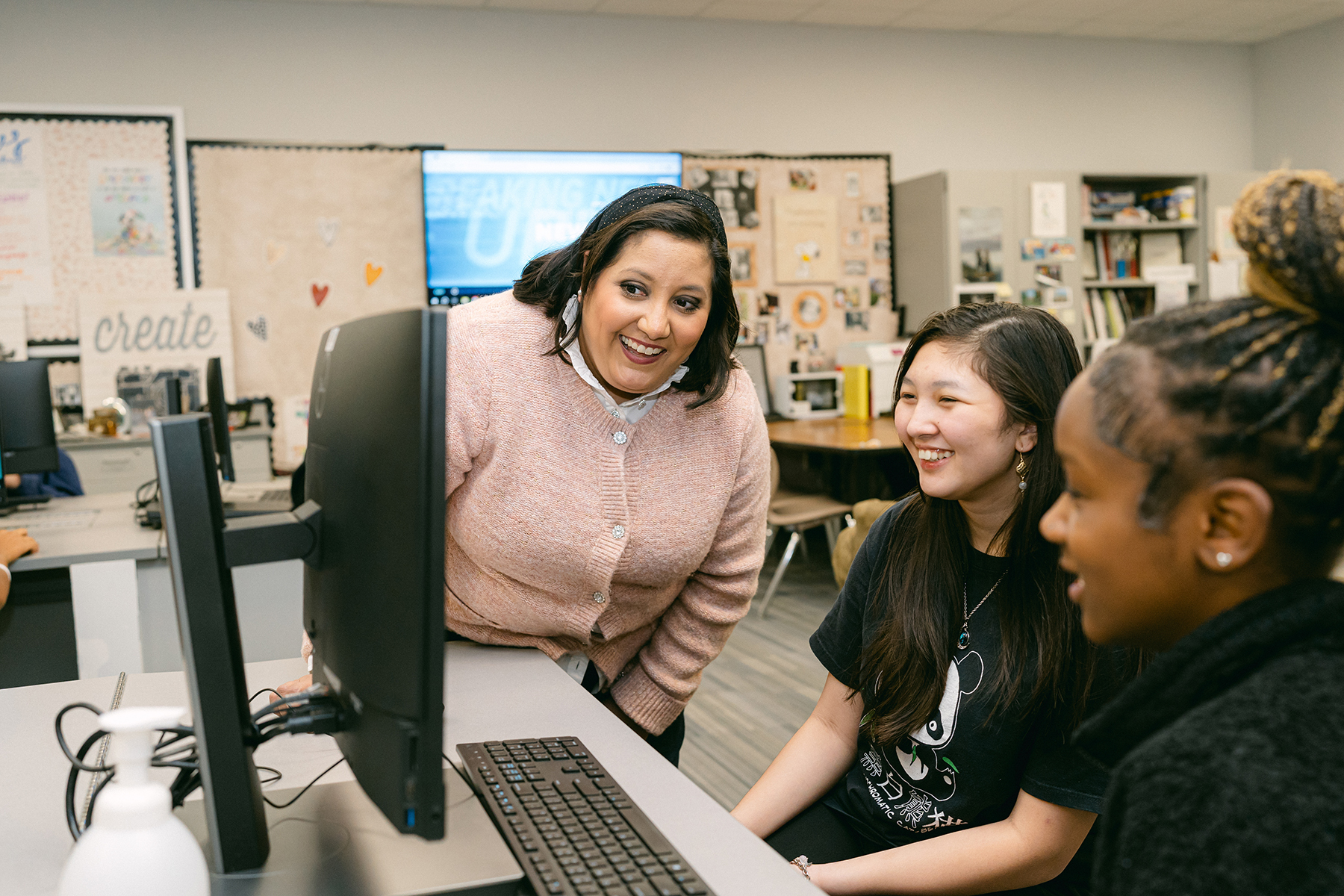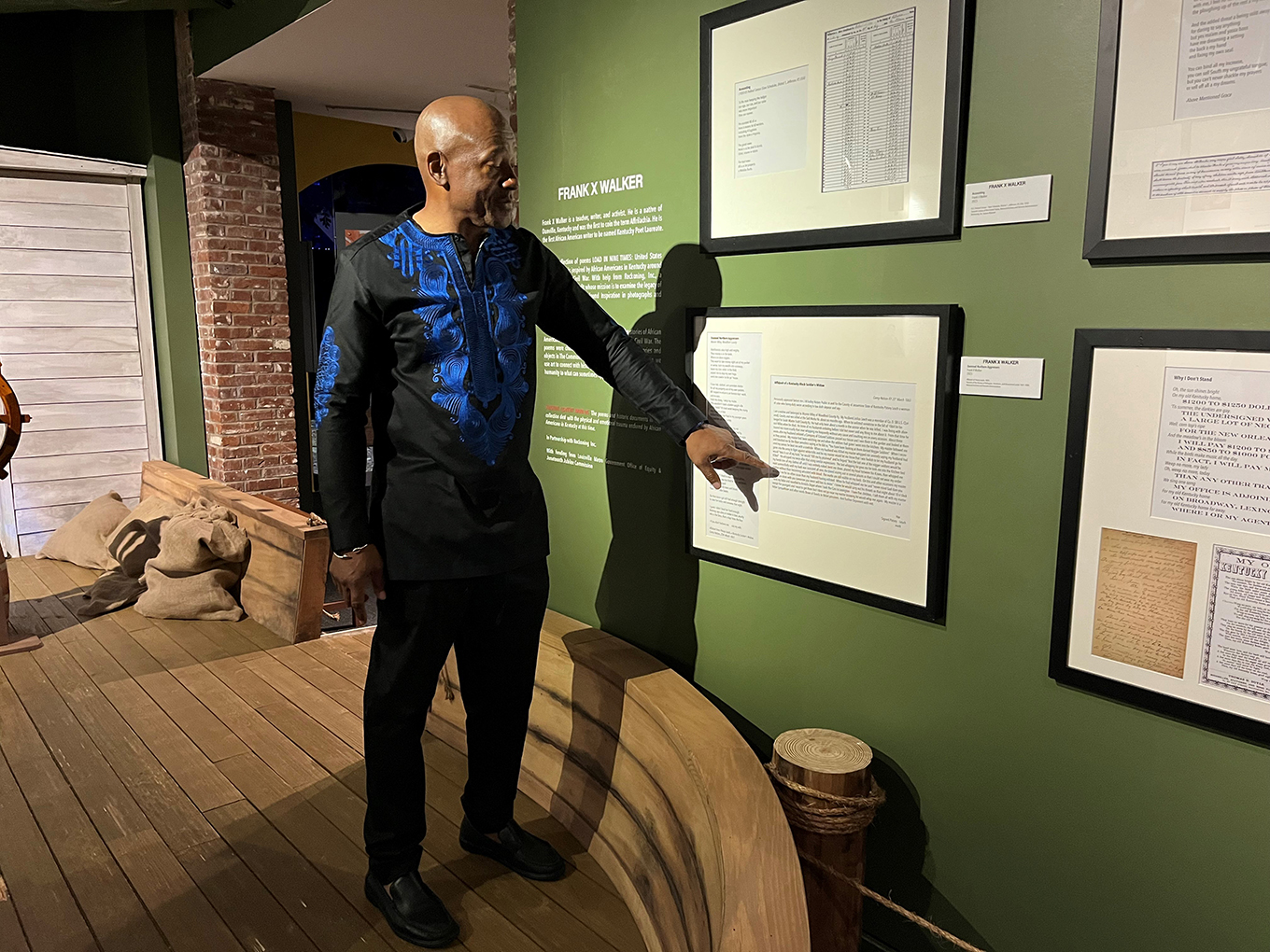By Cordelia Harbut
cordelia.harbut@ky.gov
National Women’s History Month – which occurs every March – began several years after President Jimmy Carter issued the first presidential proclamation declaring the week of March 8, 1980, as National Women’s History Week. The National Women’s History Project then led a coalition that successfully lobbied Congress to designate March as National Women’s History Month in 1987.
The Kentucky Commission on Women (KCW) traditionally used March to honor women of the past. However, this year we would like to honor the women of the present shaping the women of the future. They serve as mentors and role models, positively influencing the lives of women and girls alike.
Studies have shown that humans learn through modeling others while adopting strategies for achieving their own success. Women role models give other females a glimpse into the future – an “If she can do it, I can do it too” mentality. Mentors on the other hand are intentional. These women take an interest in the person and offer assistance and advice in needed areas of the mentee’s life.
We are recognizing and honoring these women for their selfless dedication in helping to guide the next generation of history makers.
KCW accepted nominations for this honor through Feb. 28. Several individuals were selected and will be recognized in March by highlighting their efforts and contributions on the KCW’s Facebook, Twitter, website, listserv and other public media outlets
“The work of today is the history of tomorrow, and we are its makers.”
– Juliette Gordon Low, founder of Girl Scouts of the USA, “How Girls can Help their Country”
Celebrated author and poet, the late Maya Angelou, mentored Oprah Winfrey, one of the best-known media giants of this century. “She was there for me always,” Oprah said in a May 2014 article in Entertainment Weekly, “guiding me through some of the most important years of my life.”
Dancer, singer and performer Chita Rivera was the first American Latina to receive a Kennedy Center Honors award. Awarded the Presidential Medal of Freedom in 2009, she largely credits her former teacher, Doris Jones, for her success.
Vera Rubin, a groundbreaking astronomer and Medal of Science award winner, was a mentor to many young scientists. However, it took a great deal of intestinal fortitude to persevere, according to a December 2016 article in The Washington Post, when she informed her high school teacher she had received a scholarship from the highly selected Vassar College. His response, “As long as you stay away from science, you should do okay.” Due to this experience, she later stated “rather than teaching little girls physics, you have to teach them they can learn anything they want to.”
Teaching girls they can learn and excel in nontraditional career fields is what the KCW and the teachers involved in the Lt. Governor’s STEM Challenge for Girls hope to achieve. This pilot program offered at two Lexington middle schools will encourage and expose young women to STEM career opportunities.
Mentors and role models can be found in all walks of life; however, I believe the role of a teacher can be one of the most influential. Teachers play a very important role in the lives of students – from shaping their attitude and spirit to helping them believe in themselves.
I personally have experienced the benefits of having a teacher as a role model. She helped me to believe I could, even when others told me I could not. I will never forget the role she played in my life to encourage me to go to college.
Growing up as a poor African American girl, I had never believed college was a possibility for me. However, tucked away in a very small part of history will someday be the names of KCW executive directors appointed by Kentucky governors. Within this minute part of history will be my name – a woman blessed to have a teacher that believed and encouraged her to do more than graduate from high school.
I feel teachers have an awesome opportunity to be mentors and role models for their students. It is my desire that teachers all over take advantage of this opportunity and seek to influence the lives of their students positively.
Cordelia Harbut was appointed the executive director of the Kentucky Commission on Women by Gov. Matt Bevin in May 2016. She has served several years as a commissioner on the Lexington Fayette County Parking Authority. Harbut is a graduate of Eastern Kentucky University, with a master’s in business administration.



Leave A Comment